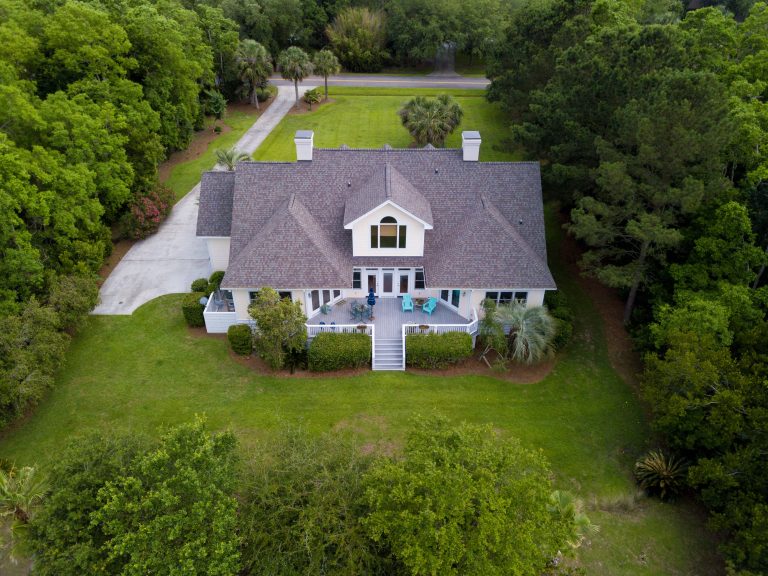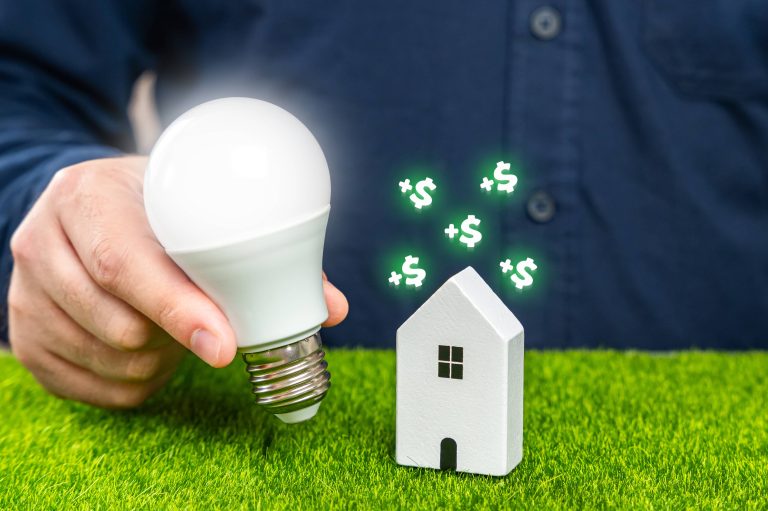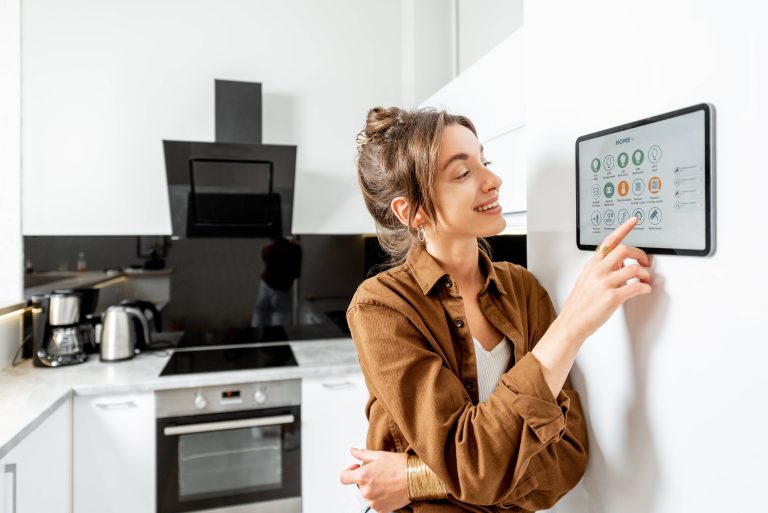
In recent years, the concept of the smart home has evolved from a luxury to an attainable and desirable standard. With advancements in technology, smart homes now include a myriad of devices ranging from intelligent lighting and thermostats to security systems and voice-activated assistants. As these devices proliferate, so too do the challenges associated with managing data, ensuring privacy, and maintaining security. Enter blockchain technology, a revolutionary system that holds great promise for the future of smart homes.
Understanding Blockchain
Before diving into the role of blockchain in smart homes, it’s important to understand what blockchain is. At its core, blockchain is a decentralized ledger that records transactions in a series of blocks, which are then linked, or “chained,” together. Each block contains a timestamp and a link to the previous block, creating a secure and immutable record.
The decentralized nature of blockchain means that no single entity has control over the entire database. Instead, information is distributed across a network of computers, known as nodes. This design ensures transparency and security, as altering any single block would require changing every block that follows it on the chain.
Enhancing Security
One of the most significant benefits of integrating blockchain into smart homes is enhanced security. Smart homes often contain numerous interconnected devices (often referred to as the Internet of Things or IoT), each of which can be a potential vulnerability. By leveraging blockchain, smart home systems can ensure that every transaction and interaction is securely logged and verified.
For example, a smart lock on your front door could use blockchain to authenticate access. Rather than relying on a central server that could be hacked, the blockchain would serve as a decentralized validation system. Every time the lock is engaged or disengaged, the transaction is recorded on the blockchain, providing an immutable trail of activities that can be audited for security purposes.
Ensuring Data Privacy
Data privacy is another critical concern for smart home owners. With devices continually collecting data to function optimally, there is a constant risk that this information could be misused or breached. Blockchain can mitigate these concerns by ensuring that data is stored securely and can only be accessed by authorized parties.
Using smart contracts—self-executing contracts with the terms of the agreement written directly into code—blockchain can provide a framework for managing data access and sharing. For instance, a smart thermostat could use a blockchain-based smart contract to regulate who can access its data and under what conditions. This approach provides homeowners with greater control over their personal information and ensures that their privacy is respected.
Facilitating Automation
Blockchain can also play a pivotal role in enhancing the automation capabilities of smart homes. Through the use of decentralized applications (dApps) and smart contracts, various devices within a smart home can interact and transact without human intervention.
Imagine a scenario where your smart refrigerator detects that you are running low on a particular item. With blockchain, it could automatically place an order with your preferred grocery store. The transaction would be recorded on the blockchain, ensuring transparency and allowing for real-time tracking of the delivery process. This level of automation not only simplifies everyday tasks but also creates a seamless and efficient living environment.
Interoperability and Standardization
One of the ongoing challenges in the smart home ecosystem is interoperability—ensuring that different devices and systems can communicate and work together effectively. Blockchain can facilitate this by providing a standardized framework for interaction.
By using blockchain as a common protocol, manufacturers can ensure that their devices are compatible with others, regardless of the brand. This would enable homeowners to build a cohesive smart home system using devices from different manufacturers without worrying about compatibility issues. Moreover, blockchain could enable automatic firmware updates, ensuring that all devices remain up to date with the latest features and security patches.
Energy Management and Sustainability
Energy management is another area where blockchain can make a significant impact. Smart homes are increasingly incorporating renewable energy sources, such as solar panels, and blockchain can help optimize the use and distribution of this energy.
With blockchain, homeowners can participate in peer-to-peer energy trading, selling excess energy generated by their solar panels to neighbors or the grid. The blockchain ensures that all transactions are transparent and secure, promoting a more sustainable and efficient energy ecosystem. Additionally, smart contracts can be used to automate energy-saving measures, such as adjusting heating and cooling systems based on energy pricing or usage patterns.
Conclusion
The integration of blockchain technology in smart homes represents a significant step forward in security, privacy, automation, and interoperability. By leveraging blockchain’s decentralized and immutable nature, smart homes can provide a safer, more efficient, and more user-centric living environment. As the technology continues to evolve, it is likely that we will see even more innovative applications of blockchain in the smart home space, paving the way for a truly connected and intelligent future.
For smart home enthusiasts and tech-savvy homeowners, the potential of blockchain offers exciting possibilities. As we move towards a future where smart homes become the norm, blockchain will undoubtedly play a crucial role in shaping this landscape. The journey is just beginning, and the potential is limitless.







